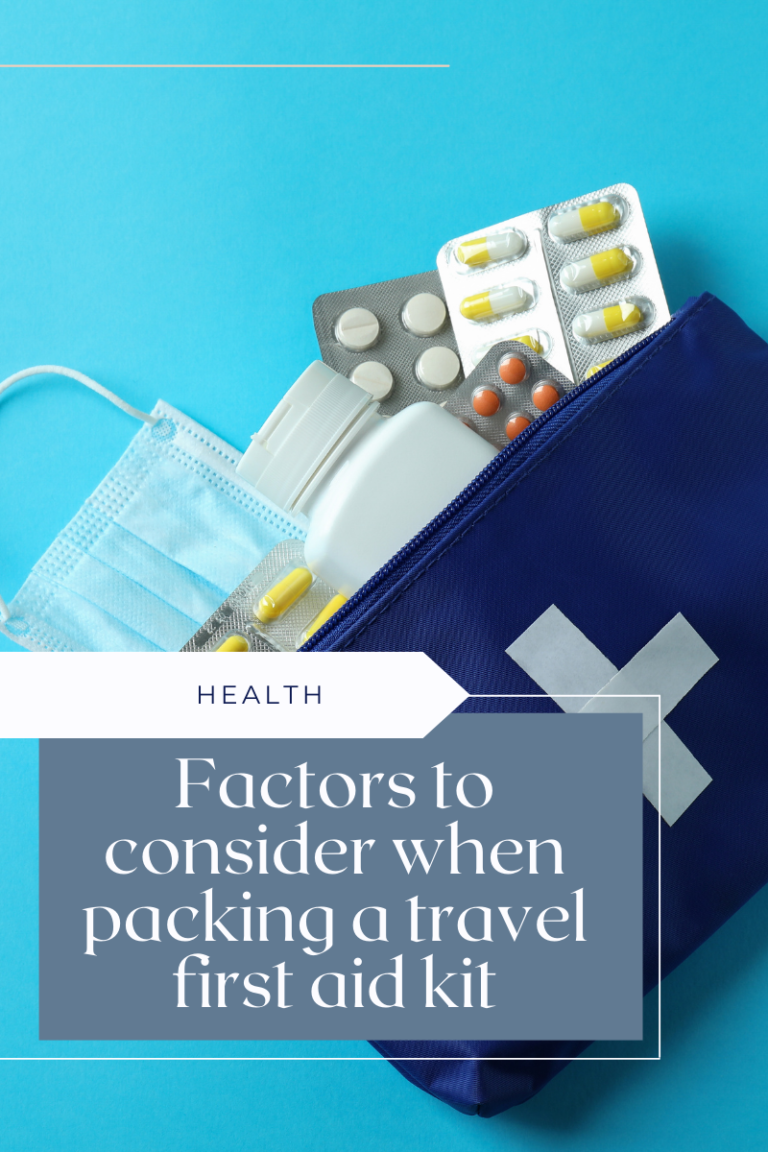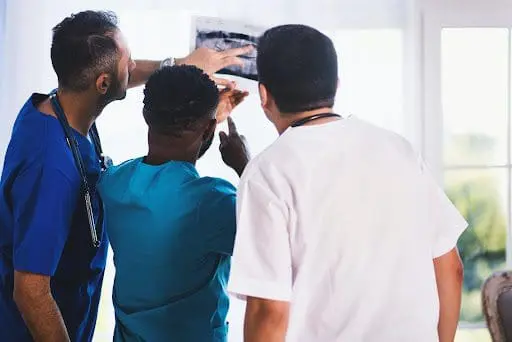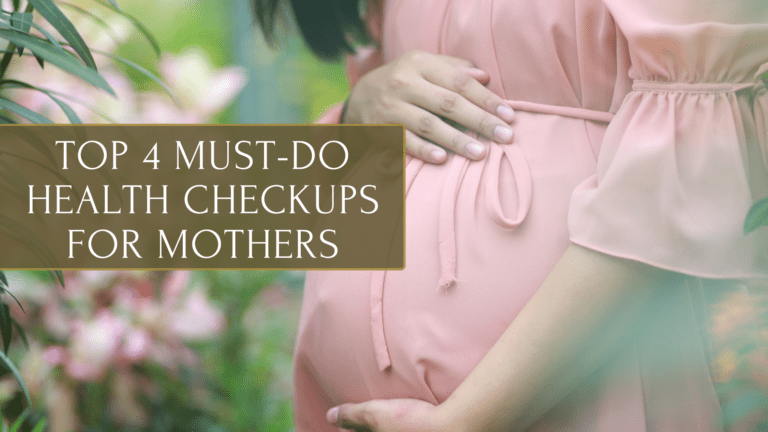Ovarian Cancer: 5 Steps to Help You Deal with Your Diagnosis

Ovarian cancer is a serious form of cancer that affects the ovaries and can have life-threatening consequences if it is not detected and treated early. It is important to understand the symptoms of ovarian cancer, as well as the risk factors associated with it, in order to help catch it in its early stages and improve the chances of successful treatment. In this article, we will explore what ovarian cancer is, its symptoms, and the risk factors associated with it.
Step 1: Talking to your Doctor about Your Treatment Options
If you have been diagnosed with ovarian cancer, it is important to talk to your doctor about the best treatment options for you. It is important to understand the different treatments available and their potential risks and benefits. Surgery, chemotherapy, and other treatments can be used to treat ovarian cancer. Your doctor can help you decide which option is best for you based on your individual situation. They can also discuss the side effects of each treatment option and how they may affect your quality of life. Knowing what to expect from each treatment will help you make an informed decision about which one is right for you.
Step 2: Take Control and Educate Yourself on Ovarian Cancer
Ovarian cancer is one of the most deadly forms of cancer that affects women. It is important to be aware of the symptoms and understand the risk factors associated with them. You can talk to your doctor more in order to understand the reasons, or you can also consult nonprofit organizations such as Not These Ovaries for help and advice. Taking control of your health and educating yourself on ovarian cancer can help you catch it early and increase your chances of successful treatment. One of the ways women may get ovarian cancer is by using hair relaxer chemicals. The chemicals found in these products are known to have an increased risk of ovarian cancer. There are many hair relaxer lawyers that want to provide correct legal representation for clients who have developed ovarian cancer through this. Other reasons for developing ovarian cancer are being obese, having endometriosis, and even being above the age of 50. Talk to your doctor in order to be more aware of your condition.
Step 3: Connecting with Support Groups and Gaining Emotional Support
Coping with a cancer diagnosis can be a difficult journey and it is important to find emotional support. Support groups are an invaluable source of information, comfort, and understanding for ovarian cancer patients. Connecting with these support groups can help you gain the emotional support you need during this challenging time.
Support groups provide an opportunity to share experiences and feelings with people who understand what you are going through. They also offer valuable advice on how to cope with the physical and emotional effects of the disease. Furthermore, they provide a platform for exchanging information about treatments and therapies that can help improve your quality of life.
By connecting with these support groups, ovarian cancer patients can gain access to vital resources that will help them in their fight against the disease. They will also benefit from having a safe space where they can express their fears and concerns without feeling judged or alone.
Step 4. Exploring Alternative Treatments & Therapies
For people with ovarian cancer, exploring alternative treatments and therapies is a vital step in their journey to recovery. Alternative treatments are becoming more popular as they have been found to be effective in treating the disease and its symptoms. They provide a holistic approach to healing, which can help improve the quality of life for those with advanced stages of the disease.
Examples of alternative treatments for ovarian cancer include yoga therapy, acupuncture, herbal remedies, massage therapy, and nutritional supplements. These therapies have been found to be successful in helping patients manage pain and stress associated with the condition. Additionally, they can help reduce fatigue and improve overall well-being.
Step 5. Finding Balance and Living an Active Life
Living with a cancer diagnosis can be difficult, and it’s important to find balance in order to maintain a healthy lifestyle. For those with ovarian cancer, finding balance means understanding how to manage the physical and emotional effects of the diagnosis while still living an active life. It is important not to let go of the normal activities that you can still do. Be sure to exercise every once in a while in order to move your body and feel connected to it. Ensure that you take care of yourself in order to improve your quality of life. You can still live a meaningful life even after being diagnosed with cancer.
It is important to understand your diagnosis in order to cope with it. Make sure that you pay attention to your quality of life and your daily activities in order to come out stronger on the other side.









